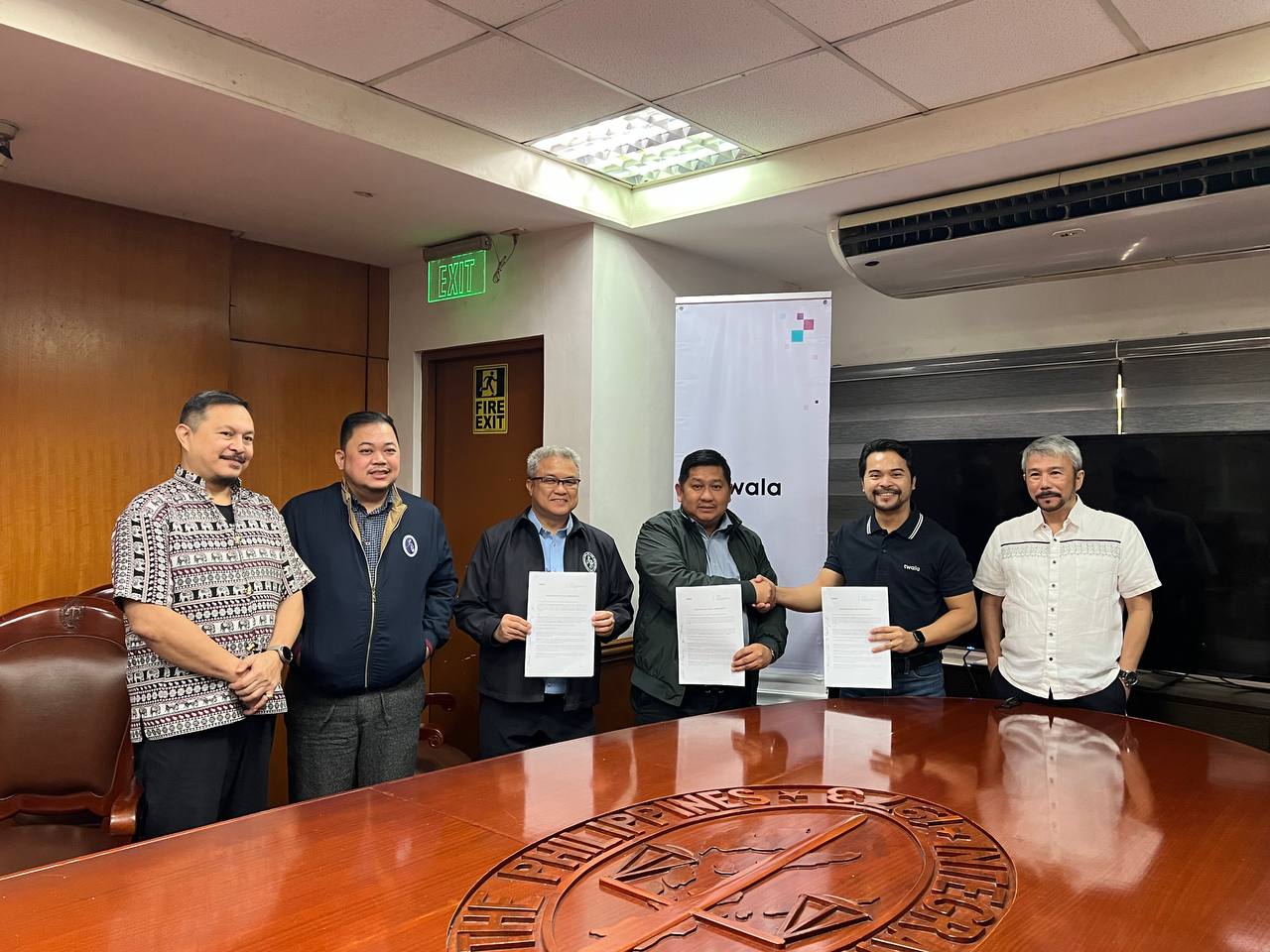As legal teams adopt digital workflows, many unknowingly face a growing risk: unsigned or improperly signed documents. Whether it's an NDA, contract, or affidavit, missing signatures can jeopardize enforceability during audits, disputes, or regulatory reviews.
Why Missing Signatures Matter
An unsigned NDA may leave confidential data exposed. A contract without clear consent could be invalid. An affidavit without a verifiable signature might be dismissed in court. In the Philippines, such documents may not hold up legally unless they meet standards under the Electronic Commerce Act (RA 8792) and the Supreme Court’s Rules on Electronic Evidence—further reinforced by the 2025 Rules on Electronic Notarization.
Common Ways Documents Slip Through
- Email approvals: “I approve” isn’t legally binding without a formal signature.
- Manual processes: Printed, signed, scanned documents can be lost or tampered with.
- No version control: Teams may unknowingly use unsigned or outdated versions.
These issues delay workflows and compromise legal traceability.
What Makes a Signature Valid?
To be legally valid in the Philippines, a signature must ensure:
- Authenticity: Verifiable signer identity
- Consent: Clear agreement to terms
- Integrity: Unaltered content post-signing
- Auditability: Trackable signing process
How Modern E-Signatures Solve This
Platforms like Twala offer:
- Identity checks with multi-factor authentication
- Timestamped audit trails
- Tamper-evident seals
- Secure cloud storage with version control
E-signatures reduce errors, streamline approvals, and ensure compliance with Philippine laws.
If your team still relies on email threads or scanned printouts, it’s time to rethink. Audit your workflows. Are your signatures secure, traceable, and legally valid?
Explore how platforms like Twala align with RA 8792 and the Rules on Electronic Notarization to safeguard your legal documents.



-2.png)

.png)
